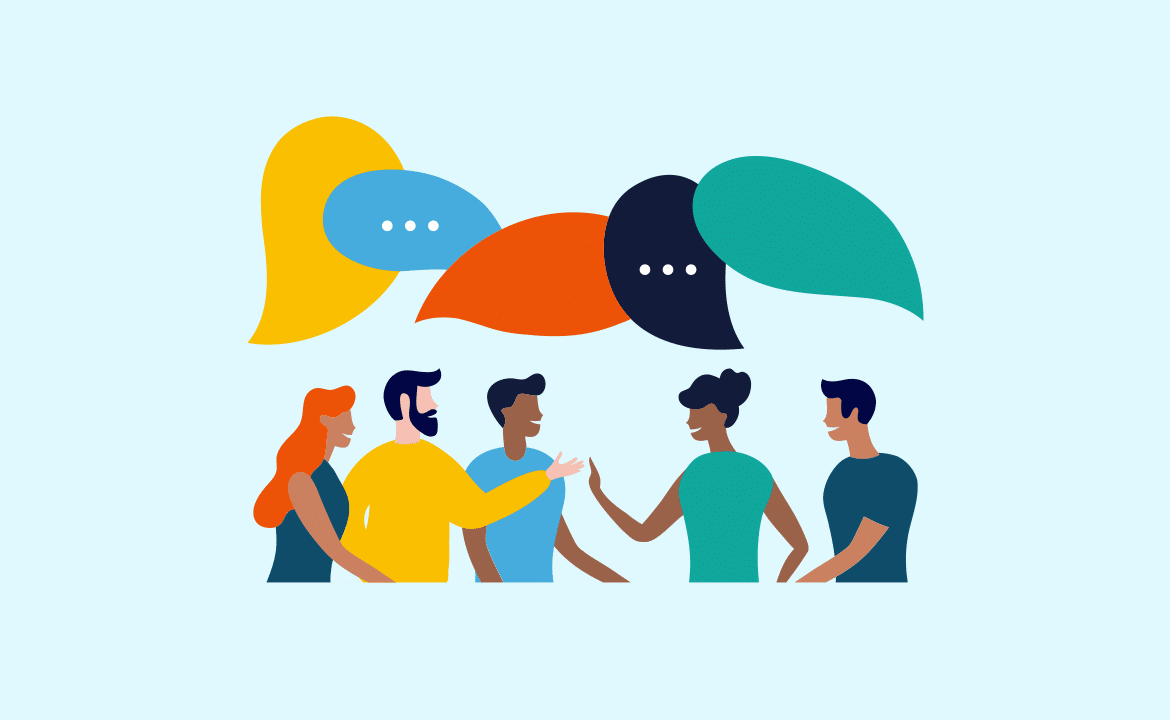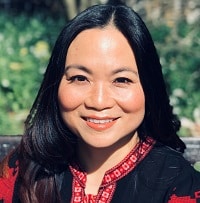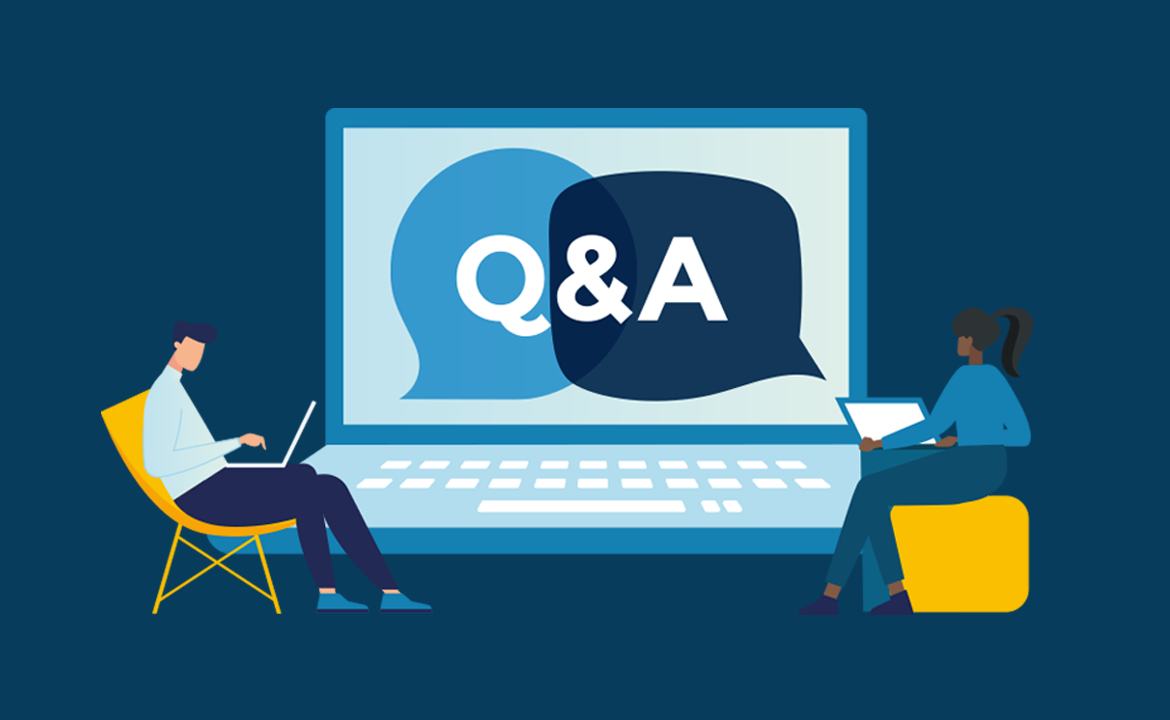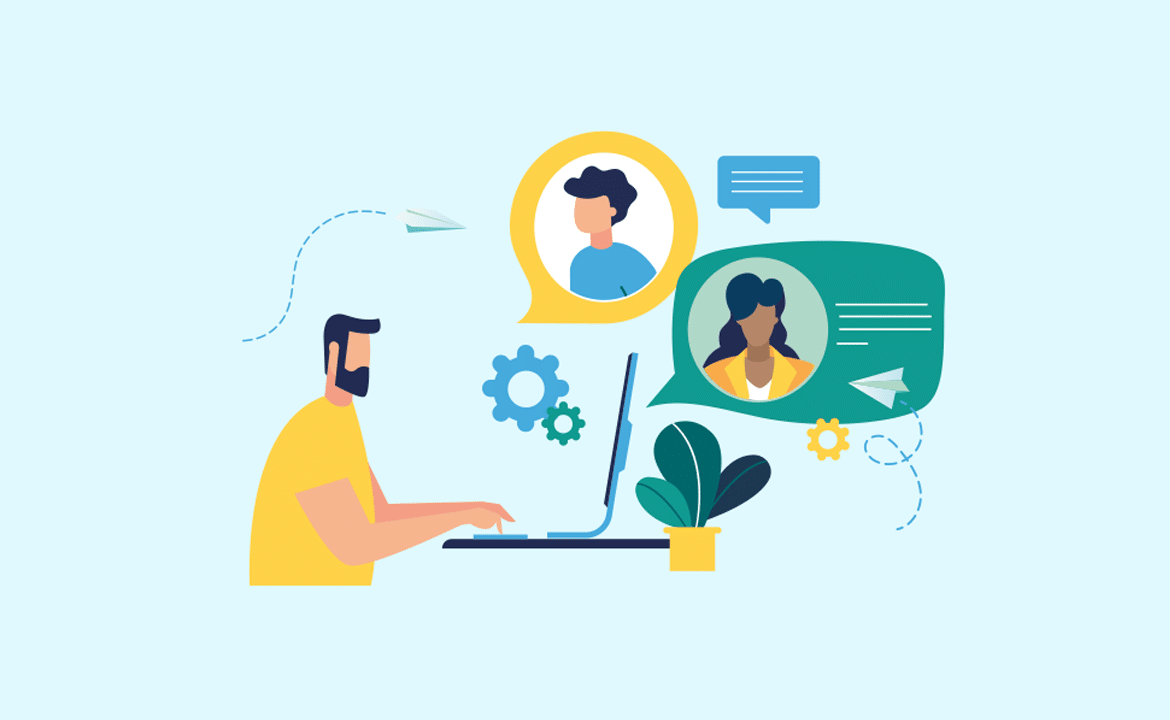What Equal Experts has in common with a little old Japanese lady
During the short time I’ve been with Equal Experts, I’ve spent a lot of time thinking about the values I’ve seen embodied by the company. As an HR professional this matters to me: I want to know what makes the people in an organisation tick, and understand why our customers are our customers.
I’ve also been struck by the depth of loyalty many of our customers feel towards Equal Experts; these are Superfans – people who recommend us to others, clients who bring us into new organisations as they move in their careers. They’re just as invested in our success as we are in theirs, and I was curious about how we might continue to intentionally nurture more of these people in the future.
So I decided to go to the source of some of our values. As I spent more time with our co-founder Ryan Sikorsky it dawned on me that what Ryan does – without knowing that he does it – is the perfect example of what the Japanese call Omotenashi.
What is Omotenashi?
I tried to put the concept into words for a presentation at a recent relationship day, but like a lot of enigmatic Japanese concepts it has no good literal translation in English. Technically, it means “no mask”, but that doesn’t convey its meaning at all. I’ve heard it translated as the Japanese art of customer care, but again, that’s not really it. I think the best way I can describe it is this: Omotenashi is about genuine care, with no mask or personal motive other than a genuine desire to meet someone else’s needs. It’s about being true.
Respected Japanese tea master Sen no Rikyu said: “Though you wipe your hands and brush off the dust and dirt from the vessels, what is the use of all this fuss if the heart is still impure?” In other words, you can’t fake it with a set of objectives – it has to come from the heart.
The 3 pillars of Omotenashi
Omotenashi is more a feeling than a concept, but if I had to explain it intellectually it would look something like this:
- Empathy: this happens when – out of genuine care and respect – your primary goal is to see things from the other person’s perspective. You walk in their shoes, and you gain a deep understanding of what they want.
- Anticipation: as a natural consequence of that deep empathy, you are able to anticipate their needs. Furthermore, you don’t wait for them to ask for what they want – you offer it first, sometimes even before they realise that they need it.
- Authenticity: this has to be sincere. Genuine care brings a whole different level of experience to the relationship, where the goal is not simply to serve the other person, but to delight them.
What does Omotenashi look like?
I want to share a story that’s become legendary in my family. It’s the story of when my relative, a little old Japanese lady with no English, saved the day for a gaijin, a tall white foreigner with a giant suitcase, just because she couldn’t bear the alternative. Spotting him on the Japanese Metro, clearly travelling in the wrong direction, she thought “That’s strange, this train doesn’t go near any hotels or to the airport”, and realised he was probably going to miss a flight.
Through gestures, place names, and literally dragging his suitcase off the train, she made him understand, got him off the train, accompanied him back to Tokyo station, found him the correct train, travelled with him for one stop, held up 10 fingers for 10 more stops, then left him to continue his journey. I like to think that in that act she brought him delight on that day. I also like to think that he continues to tell this story of what it was like to be in Japan, and to experience the Japanese people.
That’s Omotenashi. That’s what creates a person – be it colleague or customer – who sticks around, takes us with them, and tells everyone they know about their experience with us. And it’s here in EE. If you’ve had the experience of doing client work with Ryan, you’ll have seen this in action. This spirit of Omotenashi exists for us within Equal Experts, and if we really harness it, we’re going to create more and more connections like this. How exciting is that?
How Omotenashi lives in our brand values
If you talk to anyone in Japan they know Omotenashi, instinctively. It’s not something that needs to be taught; it’s in the air, in the water that they drink, it’s just how people do things. And it’s here in EE. I have seen it over and over in so many of our people. If you read the feedback from our most supportive partners, they’ll tell you of their surprise at the experience they’ve had within the organisation.
It’s not just about the work either; even talking to our consultants, there’s a level of delight at what they get from being a part of EE. I heard about the fuzzy feeling when your daughter receives a big donation from the company to support her charity swim – that’s the kind of feeling that lasts for years. It’s not even about the day-to-day experience; it goes deeper.
“I’ve learned that people will forget what you said, people will forget what you did, but people will never forget how you made them feel.” Maya Angelou
This is what keeps people coming back to us again and again, whether it’s a customer, or a consultant. It’s someone who continues to refer Equal Experts, because of how we made them feel when they worked with us. Because they know what it feels like to be a part of this network.
How can we create more Omotenashi in our network?
Here’s the good part – we’re already doing it. But what if we could be even more intentional about it? The value it could add! Let’s take as an example building a fantastic new platform for a customer. It’s not just a platform though; it starts with seeing the customer as a person who has needs and wants that have nothing to do with the platform. If we can find out what success means to that person – not just the commercial need, but the personal goals that keep them showing up to work each day (eg. a retirement goal, or an ambition for their kids) – and help them achieve it, we can truly delight them on every level.
Try this exercise as part of your client discovery
- What do you know about your customer?
- Can you name something they want, and why they want it? What will achieving it bring to their lives?
- Do you know what the client thinks success is?
- What could you do in the next week (or the next meeting) to get to know them better?
- If you were going to get them a gift, what would it be?
Omotenashi is in our DNA
As I continue probing the business I keep hearing the same story: Ryan is a master relationship builder. This permeates the business. More stories keep emerging about the way people in the network genuinely care for their customers, their teammates and the work. Stories full of surprise and delight about the way EE-ers and the leadership here support and care on a very personal level.
Suddenly, the existence of so many genuinely satisfied people in our network makes sense to me. Omotenashi is part of the DNA that exists at Equal Experts. That ability to truly care about our customers and our partners is where it all begins. It’s not about customer service, or even a primary financial goal; it’s about caring for the people. That was – and continues to be – Ryan’s secret sauce. And by default, it’s ours too.




